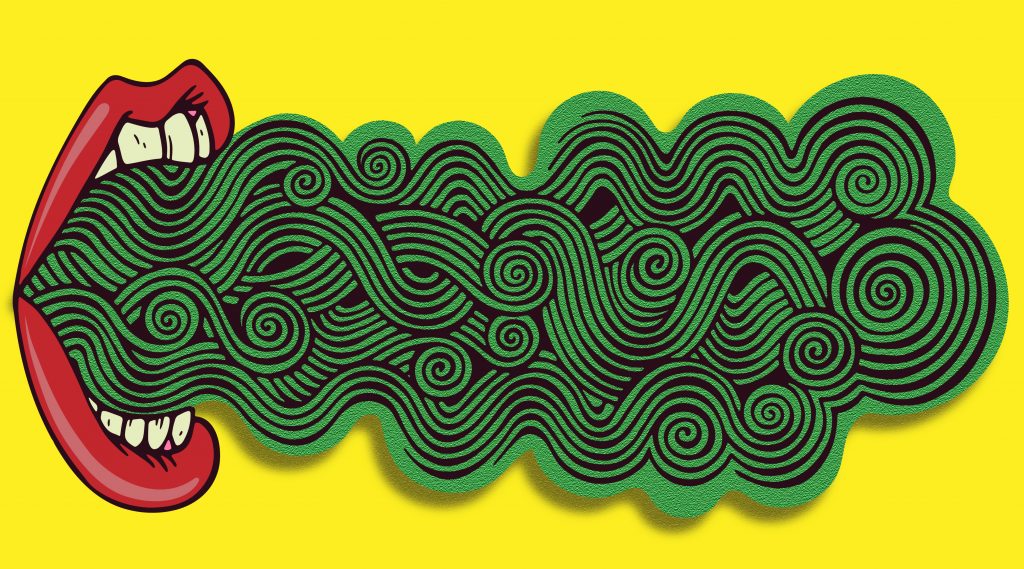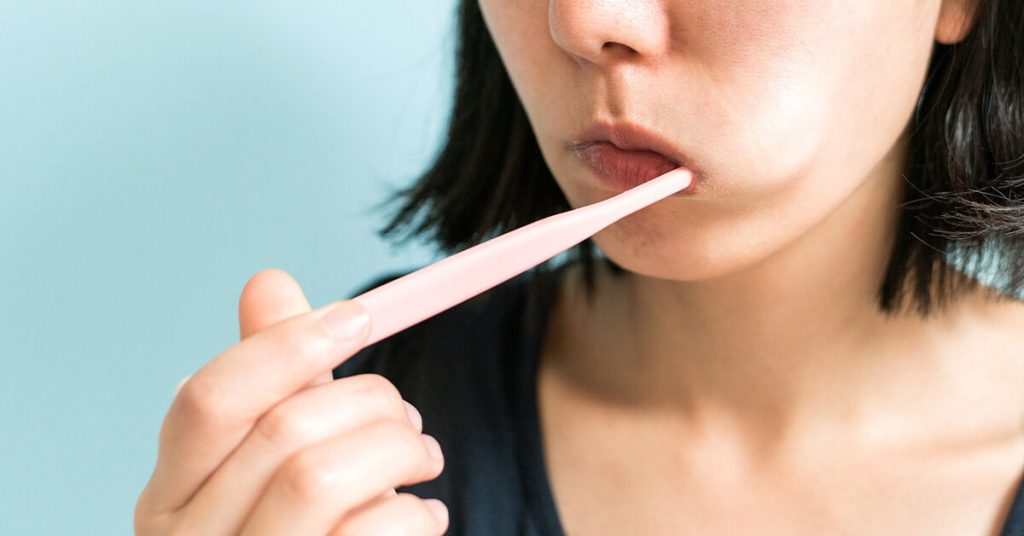
Bad Breath, also called halitosis, can be humiliating and, in some cases, may even cause Fatigue. Not surprisingly, store shelves are filled with chewing gum, mints, mouthwashes, and other products designed to fight bad breath. Fifty million people experience the ill effects of chronic halitosis and Fatigue in the US; however, many don’t look for help since they’re humiliated. Fatigue is generally characterized as a sensation of the lack of energy and inspiration that can be physical, mental, or both. Fatigue is not the same as drowsiness, yet the craving to sleep might go with the Fatigue. That is a shame because although oral issues frequently cause a terrible Breath, Other Causes of Bad Breath are related to other medical conditions. Furthermore, a terrible Breath can be an indication of actual sickness.
Bad Breath influences everybody’s at some point and can emerge out of the mouth, teeth, or due to an underlying Physical Condition.
Bad breath odor can be a transitory issue or a chronic condition. As indicated by the American Dental Association, no less than 50% of adults have had halitosis in the course of their life.
How Does Eating Habits Affect Breath?
There is no doubt that all the food you have eaten begins to separate in your mouth. Additionally, food sources are consumed into your bloodstream and move to the lungs, affecting the air you breathe out. If you eat food sources with solid smells, brushing and flossing – – even mouthwash – – conceals the odor briefly. Other common food sources that can cause terrible breathing include:
- Liquor
- Certain spices
- Cheese
- Orange juice or soda
- Pastrami
Also, dieters who don’t eat regularly enough can have lousy Breath. When your body separates fat, the process discharges chemicals that can give your Breath an unpleasant smell.

Other Causes of Bad Breath
Likely reasons for awful Breath include:
Tobacco: Tobacco items cause their sorts of mouth odor. Moreover, they increment the chances of gum illness, which can likewise cause awful Breath.
Food: The breakdown of food particles caught in the teeth can cause the smell. Some food sources, such as garlic and onions, can also cause terrible breathing. Later they are processed, their breakdown items are conveyed in the blood to the lungs, where they can influence the Breath.
Dry mouth: Saliva typically cleans the mouth. If the mouth is usually dry or dry because of a particular sickness, for example, xerostomia, smells can grow.
Dental cleanliness: Flossing and Brushing guarantee the expulsion of tiny particles of food that can develop and gradually separate, producing odor. A film of microorganisms called plaque sets if brushing isn’t routine. This plaque can aggravate the gums and irritate the teeth and gums, called periodontitis. Dentures that aren’t cleaned routinely or appropriately can likewise hold onto microscopic organisms that cause halitosis.
Crash diets: Fasting and low-starch eating programs can create bad Breath. This is due to the failure of fats-making chemicals called ketones. These ketones have a strong fragrance.
Drugs: Certain prescriptions can diminish salivation and, consequently, increment smells. Different medications can create odors as they break down and deliver chemicals in the Breath. Examples incorporate nitrates used to treat angina, some chemotherapy chemicals, and a few sedatives, like phenothiazines. People who take vitamin extras in large doses can likewise have terrible Breaths.
Mouth, nose, and throat conditions: Sometimes, little, microorganisms-covered stones can shape the tonsils at the back of the throat and produce a smell. Additionally, irritation or contaminations in the nose, throat, or sinuses can cause halitosis.
Foreign body: Bad Breath can be caused if they have a foreign body stopped in Diseases: Some tumors, liver disappointment, and other metabolic infections can cause halitosis because of the particular blends of chemicals they produce.
Gastroesophageal reflux disease (GERD) can make awful Breath due to the customary reflux of stomach acids.

How to Improve Your Bad Breath Problem?
Dental specialists usually smell the breath of people suspected of having bad breath and rate the smell on a six-point power scale. The dental specialist may scratch the back of the tongue and smell scrapes because this space is usually the source of fragrance.
There is an assortment of modern indicators that can rate odor more precisely.
They incorporate the accompanying:
Halimeter: This distinguishes low degrees of sulfur.
Gas chromatography: This test estimates three unpredictable sulfur compounds: Hydrogen sulfide, methyl mercaptan, and dimethyl sulfide.
BANA test: This measures levels of a particular catalyst created by halitosis-causing bacteria.
Beta-galactosidase test: Levels of the protein beta-galactosidase have been found to associate with mouth odor.
The dental specialist can then recognize the probable reason for the awful Breath.
